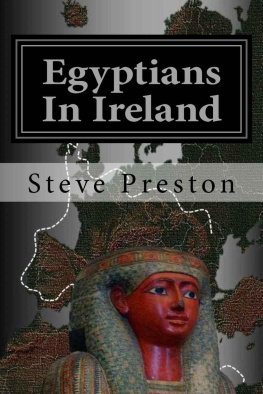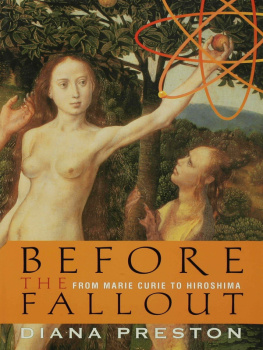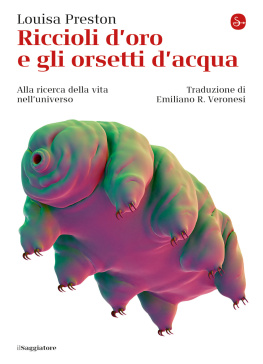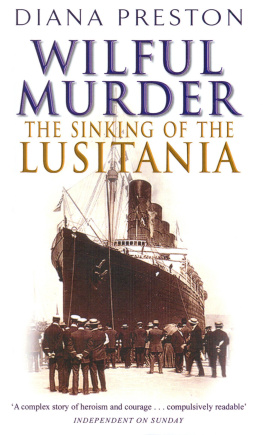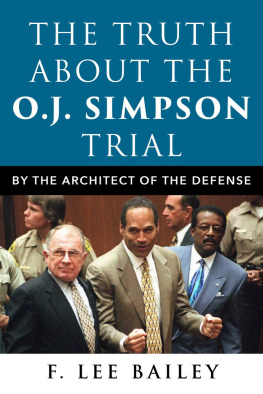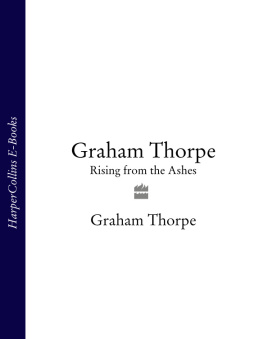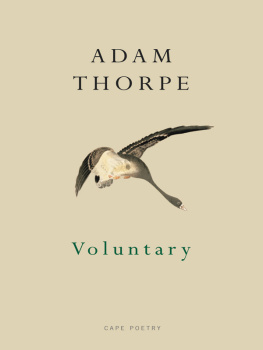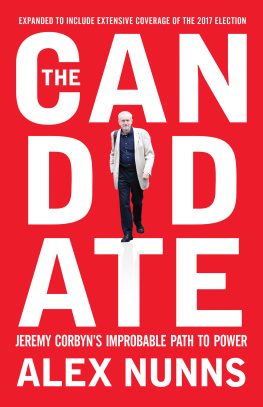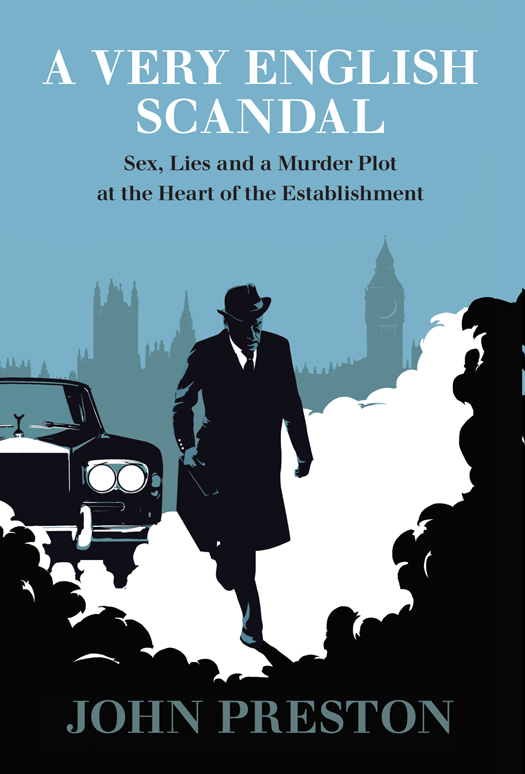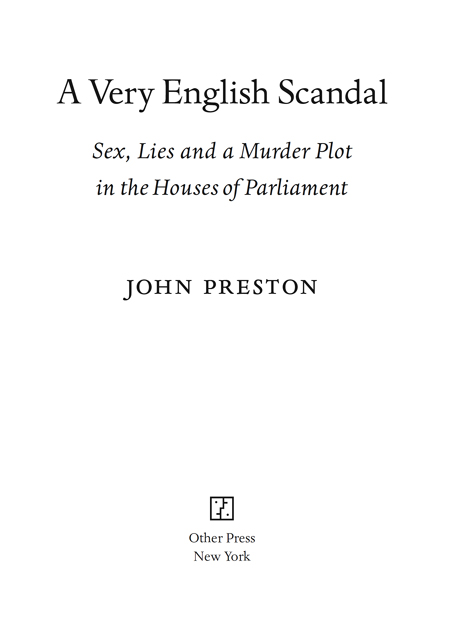PRAISE FOR
A Very English Scandal
This brilliant account made me feel I was hearing the tale for the first time Preston is an enthralling narrator.
Mail on Sunday
The unbelievable truth Preston is a natural storyteller he provides the context for actions that seem unbelievable today.
The Times
Fluent, readable a vivid tableau of the players in Thorpes long, tragic downfall.
Evening Standard
A gripping account of the Jeremy Thorpe case. The details make one laugh out loud or gasp with amazement.
Charles Moore, The Spectator
PRAISE FOR
The Dig
A very fine, engrossing, and exquisitely original novel.
Ian McEwan, author of Atonement
Wistful and poignant. A masterpiece in Chekhovian understatement.
Times Literary Supplement
An enthralling story of love and loss, a real literary treasure. One of the most original novels of the year.
Robert Harris, author of An Officer and a Spy
Also by John Preston
The Dig
Copyright John Preston, 2016
First published in the United Kingdom by Viking in 2016
Production editor: Yvonne E. Crdenas
All rights reserved. No part of this publication may be reproduced or transmitted in any form or by any means, electronic or mechanical, including photocopying, recording, or by any information storage and retrieval system, without written permission from Other Press LLC, except in the case of brief quotations in reviews for inclusion in a magazine, newspaper, or broadcast. For information write to Other Press LLC, 267 Fifth Avenue, 6th Floor, New York, NY 10016. Or visit our Web site: www.otherpress.com
The Library of Congress has cataloged the printed edition as follows:
Names: Preston, John, 1953
Title: A very English scandal : sex, lies and a murder plot in the houses of parliament: / John Preston.
Description: New York : Other Press, 2016. | Includes index.
Identifiers: LCCN 2016005086 (print) | LCCN 2016006845 (ebook) |
ISBN 9781590518144 (hardcover) | ISBN 9781590518151 (e-book)
Subjects: LCSH: Thorpe, Jeremy. | Thorpe, JeremySexual behavior. | Thorpe, JeremyTrials, litigation, etc. | PoliticiansGreat BritainBiography. | Great Britain. Parliament. House of CommonsBiography. | ScandalsEnglandHistory20th century. | Trials (Conspiracy)EnglandLondon. | Great BritainPolitics and government19641979. | BISAC: BIOGRAPHY & AUTOBIOGRAPHY / Political. | HISTORY / Europe / Great Britain. | BIOGRAPHY & AUTOBIOGRAPHY / General.
Classification: LCC DA591.T48 P74 2016 (print) | LCC DA591.T48 (ebook) |
DDC 364.152/3092dc23
LC record available at https://lccn.loc.gov/2016005086
Ebook ISBN: 978-1-59051-815-1
v3.1
To Milly and Joseph
Mr Holmes, they were the footprints of a gigantic hound!
Arthur Conan Doyle, The Hound of the Baskervilles
Contents
Illustrations
An understandably pensive-looking Jeremy Thorpe being squeezed out of his seat by his fellow Liberal MP Cyril Smith (Hulton Archive / Getty Images)
Peter Bessell: the owner of a face like a badly tessellated pavement (PA Photos / TopFoto)
)
David Holmes endeavouring to protect himself from the coming storm (Jimmy James / ANL/REX / Shutterstock)
Norman Scott: He was simply heaven, Thorpe told Bessell (ANL/REX / Shutterstock)
Andrew Gino Newton: airline pilot, gunman and dog-hater (photograph by Lionel Cherruault, Camera Press, London)
The public face of George Carman, QC: he was a very different man when he wasnt in court (Hulton Archive / Getty Images)
The indomitable Marion Thorpe, staunch as ever in her husbands defence (ANL/REX / Shutterstock)
PART ONE
1
A Dinner at the House of Commons
One evening in February 1965, a man with a fondness for mohair suits, an unusually wrinkled face and a faint resemblance to Humphrey Bogart walked into the Members Dining Room at the House of Commons. His name was Peter Bessell and he was the Liberal MP for Bodmin in Cornwall. Bessell had been an MP for only six months and he was still a little awestruck by the place. As he had few friends there, he had become used to eating on his own. On this evening, however, he heard a voice behind him asking if he would like to have dinner.
The voice belonged to another Liberal MP, Jeremy Thorpe. Although he was almost eight years younger than Bessell, Thorpe had been in Parliament since 1959. At thirty-six, he was the rising star of the party, widely tipped to become the next Leader. While some of the older members found him brash and hot-headed, no one could doubt his appeal to voters. As well as being ebullient and good-looking in a cadaverous sort of way, Thorpe had apparently bottomless reserves of charm. These had been deployed to great effect in his constituency of North Devon.
With its rolling moorland and deep valleys, North Devon may have been famously picturesque, but the people who lived there tended to have poorly paid jobs, either on the land or in the fishing industry. Thorpe was about as far from being one of them as possible: a smooth Old Etonian with a distinctive taste in clothes he favoured a cashmere overcoat with a velvet collar and, rather more eccentrically, a brown bowler hat. However, it didnt take long for him to win them over.
Thorpe was charismatic and sympathetic. He also had an extraordinary knack for remembering peoples names and for making them feel that their problems were especially close to his heart. With his arms thrown wide and an enormous grin on his face, he would bear down on his would-be constituents as though seeing them had just fulfilled his wildest dreams. Few were able to resist. They even loved it when Thorpe a brilliant mimic since boyhood made fun of their broad West Country accents.
In the 1959 election, he scraped in with a majority of just 362. By 1964, this had gone up to 5,136. As a reward for his success, Thorpe had recently been made the partys official Spokesman on Commonwealth Affairs. He and Bessell had first met ten years earlier at a by-election in Torquay in which Bessell had stood and lost. Although they didnt know one another well, Bessell had been convinced from the start that the two of them shared an unusual bond. Physically, they were roughly the same height, with dark hair and narrow, brooding features. Politically too their views tended to coincide. But it was the similarities in their characters that Bessell was most struck by: We were both wilful, quick to take offence, capable of arrogance and incurably sentimental.
And there was something else they had in common, something that would soon become apparent each in his own distinctive way was a colossal chancer. Bessell had left school at sixteen, then become a Congregationalist lay preacher. Setting up a small tailoring business in the Devon town of Paignton, he had drifted into Liberal Party politics, prompted in part by ideology and possibly in larger part by a desire to spice up his already hectic love-life.
Bessell did not look like a conventional Lothario. He once likened his face to a badly tessellated pavement and the mohair suits he wore caused him to shimmer slightly whenever he stood near an electric light. The effect was capped by his extraordinarily gravelly voice, which made him sound like a lounge-lizard in an Edwardian melodrama. None the less, he enjoyed considerable success with women. Soon after the death of his first wife from tuberculosis Bessell married again. He and his second wife, Pauline, went on to have two children, a boy and a girl, but marriage and fatherhood did nothing to curb his appetite for philandering. However rackety Bessells love-life was, it was nothing compared with his business dealings. Over the years, he had been involved in a number of schemes that he was convinced were going to make his fortune, including one to market hot-drink vending machines and another to open a chain of motels across Britain. Yet Bessells fortune stubbornly failed to materialize. Instead, most of his schemes came hopelessly unstuck, leaving a trail of debts in their wake.


